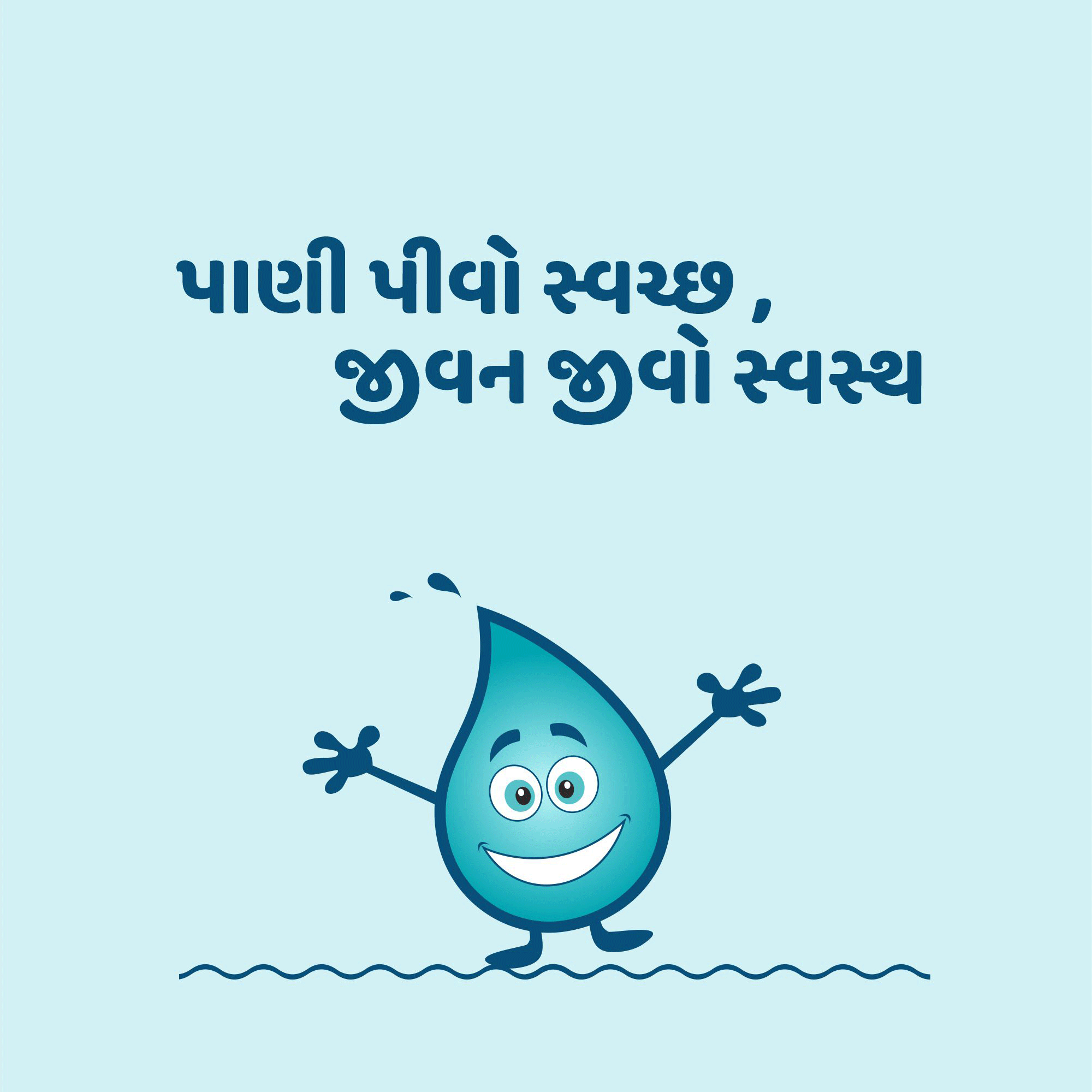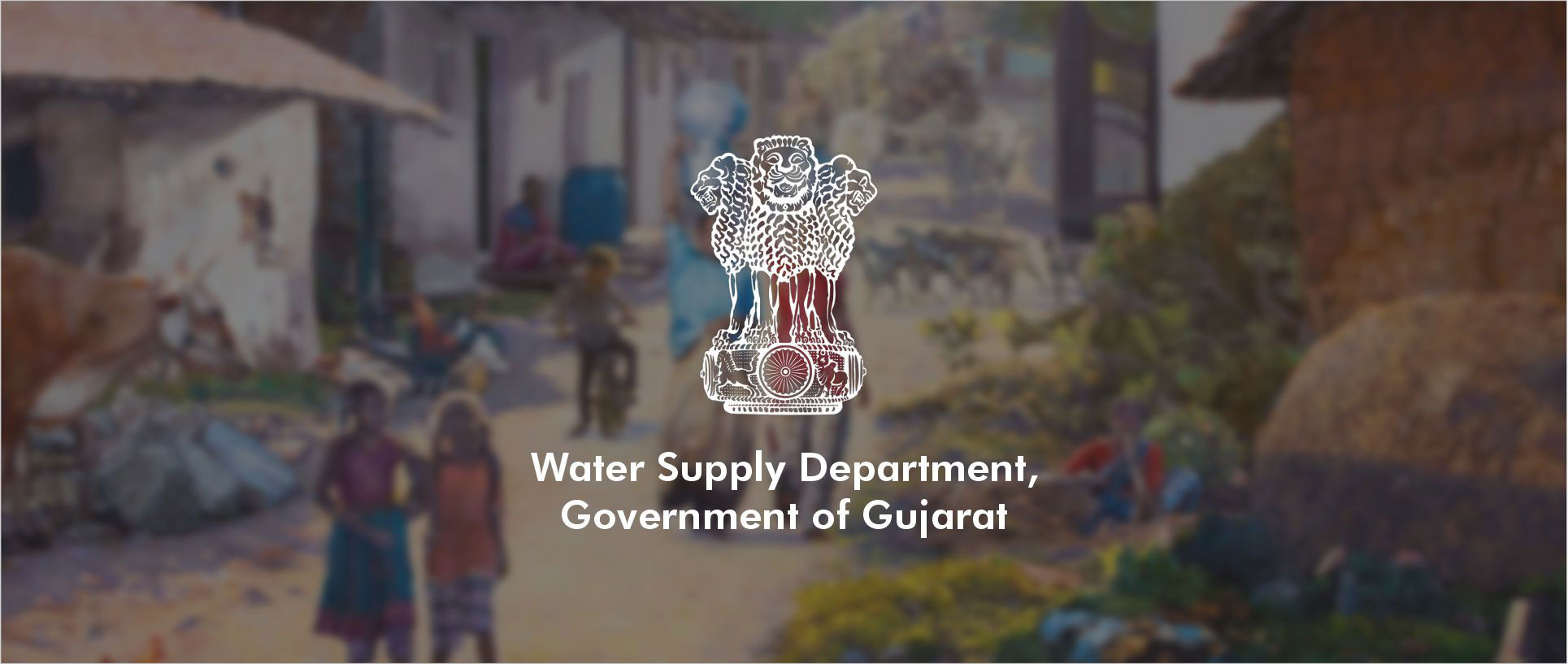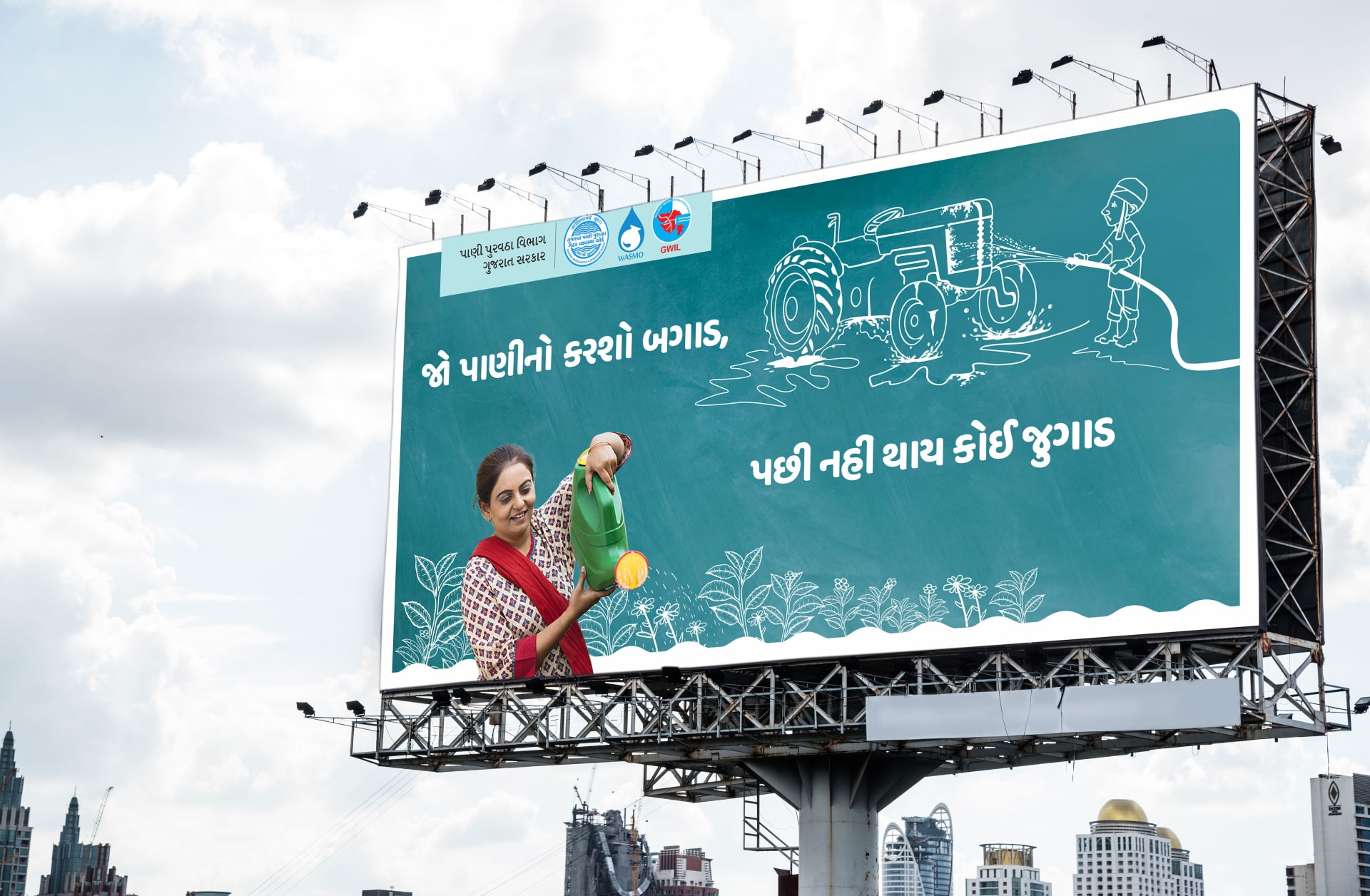Jigjiga Wasmo: Exploring The Real City Of The Somali Region
Have you ever typed something into a search bar, maybe a phrase like "jigjiga wasmo," and wondered what truly lies behind the words? It's a bit like opening a door to an unfamiliar place, and sometimes, you might find something completely different, and frankly, far more interesting than what you first expected. Today, we're going to pull back the curtain on a truly captivating place, a city that holds a special spot in the heart of Ethiopia's Somali region.
This remarkable city, known as ጅጅጋ (Jijiga), is the capital of the Somali region in Ethiopia, a vibrant hub that shifted into its current role in 1995, moving from Gode. It's a place that really stands out, offering a blend of quiet charm and lively daily life, making it a unique destination for anyone looking to experience something different.
So, if you're curious about a city that’s more than just a name, a place filled with history, culture, and a distinct atmosphere, you've come to the right spot. We're going to take a closer look at what makes Jigjiga such an appealing destination, giving you all the important details you might want to know for a visit, or just to satisfy your curiosity, you know?
Table of Contents
- Jigjiga: The Heart of the Somali Region
- What Makes Jigjiga Special?
- Planning Your Visit to Jigjiga
- Frequently Asked Questions About Jigjiga
Jigjiga: The Heart of the Somali Region
Jigjiga, or ጅጅጋ as it's called locally, truly serves as the beating heart of Ethiopia's Somali region. It's a place that, in some respects, embodies the spirit and resilience of its people, a place that has grown significantly over the years. You see, it's not just a city; it's a symbol of regional identity, and that, is that, quite something to think about, isn't it?
This city, you might say, is a central point for administrative matters, trade, and culture within the vast Somali region. It brings together people from various walks of life, creating a very dynamic atmosphere. The very air seems to hum with activity, yet it still manages to keep a certain calm about it, which is rather interesting.
When you think about regional capitals, Jigjiga has a story that’s a bit different, and it’s one worth knowing. It really helps you get a sense of the area's history and how things have come to be.
A City's Journey: From Gode to Capital
Jigjiga wasn't always the capital, you know, which is a key part of its story. Back in 1995, the seat of the Somali region's government made a big move, shifting from Gode to Jigjiga. This change was quite significant, marking a new chapter for the city and the region as a whole. It’s almost like a coming-of-age for Jigjiga, if you think about it.
This transition meant a lot for Jigjiga's development. It started attracting more resources, more people, and certainly more attention, helping it grow into the important urban center it is today. The decision to make it the capital really cemented its place as a pivotal location, influencing everything from infrastructure to local economy, you see.
The move wasn't just about changing a name on a map; it was about strategically positioning the region's administrative core in a place that could better serve its growing needs. It’s a testament to how places can evolve and adapt over time, becoming something new and vital, and that's pretty cool, actually.
Where is Jigjiga? Location and Landscape
Now, let's talk about where Jigjiga actually sits on the map, because its location is quite important to its character. It's nestled in the Fafan Zone, and interestingly enough, it’s only about 75 kilometers west of the border, which means it has a pretty unique position, culturally and economically speaking. This proximity to the border gives it a distinct flavor, you know?
The Fafan Zone itself is a part of the broader Somali region, characterized by a landscape that’s often described as semi-arid, yet it still manages to support a good deal of life and activity. The terrain around Jigjiga is generally flat to gently rolling, with some hills dotting the horizon, offering some pretty scenic views, you might find.
Being located in this zone means Jigjiga is a gateway of sorts, connecting different areas and facilitating movement of people and goods. It’s a place where you can really feel the vastness of the region, and yet, there’s a concentrated burst of urban life right there. It’s a very interesting contrast, to be honest.
What Makes Jigjiga Special?
So, what exactly is it about Jigjiga that sets it apart from other Ethiopian cities? Well, it's a combination of things, really, that give it a unique charm. It’s not just another dot on the map; it has its own rhythm, its own personality, and that’s what makes it quite special, in a way.
The city has a certain feel to it, a blend of traditional Somali culture with the broader Ethiopian context, creating something truly distinctive. It's a place where you can observe daily life unfolding in a way that feels authentic and deeply rooted, which is something many travelers really appreciate, you know.
From its architecture to its local markets, Jigjiga offers a sensory experience that is quite memorable. It's a city that invites you to slow down a little, to take things in, and to discover its many layers. That’s what makes it so appealing, you see.
A Blend of Serenity and Vibrancy
One of the most striking things about Jigjiga is how it manages to offer what has been called a "unique trifecta of serenity." It’s a city that, despite its importance and activity, somehow maintains a calm, peaceful atmosphere. You might find moments of quiet reflection, even amidst the daily hustle and bustle, which is rather nice.
Yet, this serenity doesn't mean it's a sleepy place; quite the opposite. Jigjiga is also incredibly vibrant. Its markets are alive with chatter and commerce, its streets see a steady flow of people, and there's a palpable energy that comes from a community deeply engaged in life. It’s a really interesting mix, if you ask me.
This balance between calm and lively activity is what gives Jigjiga its special character. It’s a place where you can experience the warmth of community life, the sounds of daily trade, and then, just around the corner, find a moment of quiet reflection. It's pretty unique, actually.
Life in the Kebeles: Urban and Rural Mix
Jigjiga is organized into what are known as kebeles, which are like local administrative units, and this structure really highlights the city’s interesting mix of urban and rural life. The town comprises 30 kebeles, and here's the fascinating part: 20 of these are urban, while 10 are rural. This setup creates a very diverse living experience within the city's boundaries, you know?
The urban kebeles are where you'll find the more typical city infrastructure: busy streets, shops, government buildings, and a denser population. This is where much of the city's commercial and administrative activity happens. It’s where you get that feeling of a bustling regional capital, very much alive with daily happenings, you see.
On the other hand, the 10 rural kebeles offer a glimpse into a different way of life, one that's more connected to the land and traditional practices. These areas might feature more open spaces, farming activities, and a slower pace. This blend means that within one city, you can experience two very different aspects of life in the Somali region, and that’s quite something, really.
Planning Your Visit to Jigjiga
If you're thinking about a trip to Jigjiga, you're looking at a pretty good destination in Ethiopia. It's a place that offers a genuine experience, far from the usual tourist trails, and that can be really rewarding, you know. Planning a visit means thinking about a few things to make your time there enjoyable and smooth.
Every journey to a new place comes with questions, right? We're here to help answer some of the most important ones, giving you a bit of a head start on what to expect. Getting ready for a trip to Jigjiga means understanding its unique aspects, from how to get there to what you might want to see and do, and that’s what we’ll cover next, basically.
So, whether you're dreaming of an adventure or just curious about what a holiday in Jigjiga might entail, here’s some practical advice to get you started. It's a place that, in some respects, truly rewards those who are open to new experiences.
Getting There and Around
Reaching Jigjiga typically involves flying into its local airport, which connects to Addis Ababa, Ethiopia's capital. This is usually the most convenient way to arrive, especially for international visitors. The flight offers some really nice views of the Ethiopian landscape, too it's almost like a preview of the adventure ahead, you know.
Once you're in Jigjiga, getting around is fairly straightforward. Taxis and bajajs (three-wheeled motorized rickshaws) are common for shorter distances within the city. For longer trips or exploring outside the immediate urban area, hiring a private vehicle with a driver is often a good idea, providing both comfort and flexibility, you see.
Walking is also a great way to experience the city's atmosphere, especially in the central areas. Just remember to wear comfortable shoes! The city's layout is pretty manageable, allowing you to soak in the local sights and sounds at your own pace, and that's quite a nice way to explore, actually.
Things to Experience in Jigjiga
When you're in Jigjiga, there are quite a few things you might want to check out to truly get a feel for the place. One of the best ways to start is by visiting the local markets. They are absolutely bustling with activity, offering everything from traditional clothing and crafts to fresh produce and spices. It's a sensory delight, honestly, with vibrant colors and lively chatter everywhere you look.
Exploring the city's central mosque is also a must, as it's a significant landmark and a beautiful example of local architecture. While respecting local customs, you can often appreciate the building's design and the peaceful atmosphere it offers. It’s a very important part of the community, you know.
For those interested in the region's history and culture, spending some time just observing daily life can be incredibly rewarding. You might find yourself enjoying traditional Somali tea, listening to local music, or simply watching the world go by. It’s these small moments that often leave the biggest impressions, you know, at the end of the day.
Considering a visit to the outskirts can also be quite interesting. You might see more of the rural life in the kebeles, or even find some scenic spots for photography. Just remember to ask locals for recommendations; they often know the best hidden gems, and that’s always a good tip, basically.
Understanding Local Culture and Customs
To truly appreciate Jigjiga, having a basic understanding of local culture and customs goes a long way. The Somali region is predominantly Muslim, so dressing modestly, especially when visiting religious sites, is a sign of respect. Women might consider carrying a headscarf for such occasions, which is pretty thoughtful, you know.
Hospitality is a deeply ingrained value here. People are generally very welcoming and friendly. A simple greeting like "Assalamu Alaikum" (peace be upon you) can open doors and warm hearts. It’s amazing how a few words can make such a difference, honestly.
When it comes to food, be prepared for delicious Somali cuisine, often featuring flavorful stews, rice, and various meats. Eating with your right hand is customary, especially when sharing meals from a communal dish. It’s a very communal experience, and that’s part of the fun, you know.
Always ask for permission before taking photos of people, especially women. A simple gesture or question shows respect and can lead to a positive interaction. Being mindful of these small things can greatly enhance your experience and help you connect with the local community in a meaningful way, and that’s really what travel is all about, right?
Frequently Asked Questions About Jigjiga
When thinking about a place like Jigjiga, a few common questions often pop up. We'll try to answer some of these to help you get a clearer picture of this interesting city, you know, just to cover the basics.
What is Jigjiga known for?
Jigjiga is primarily known for being the capital city of the Somali region in Ethiopia. It's also recognized for its unique blend of serenity and vibrancy, standing apart from other Ethiopian cities due to its distinct cultural identity and its role as a major administrative and trade hub for the region. It's quite a significant place, actually, in that respect.
Is Jigjiga safe for tourists?
Like any travel destination, it's always wise to exercise caution and stay informed about current conditions. Generally, Jigjiga is considered safe for visitors, particularly in the main urban areas. It's always a good idea to follow local advice, be aware of your surroundings, and avoid traveling alone at night, just like you would in many other places, you know. For up-to-date travel advisories, it's always best to check official government sources or reputable travel guides, which is pretty standard advice, really. Learn more about travel in Ethiopia here.
What zone is Jigjiga in?
Jigjiga is located in the Fafan Zone of the Somali region, Ethiopia. This zone is one of the administrative divisions within the region, and Jigjiga serves as its central city. Its position in the Fafan Zone, quite close to the border, gives it a strategic importance and contributes to its unique character and daily life, you see, and that's pretty key to its identity.
So, as you can probably tell, Jigjiga is a city with a rich story, a unique character, and a welcoming spirit. It’s a place that truly offers a distinctive experience, quite different from what you might first expect when searching for something like "jigjiga wasmo." It stands as a vibrant capital, a blend of tradition and modern life, and a place where you can discover the genuine warmth of the Somali region.
We hope this glimpse into Jigjiga has sparked your interest and perhaps even inspired you to learn more about this captivating part of Ethiopia. There’s always so much to explore and understand about different places in the world, and Jigjiga, in some respects, is a wonderful example of that. Learn more about Jigjiga on our site, and why not take some time to discover more Ethiopian destinations by checking out our page on other fascinating locations?

Wasmo - Trizone India

Wasmo - Trizone India

Wasmo - Trizone India